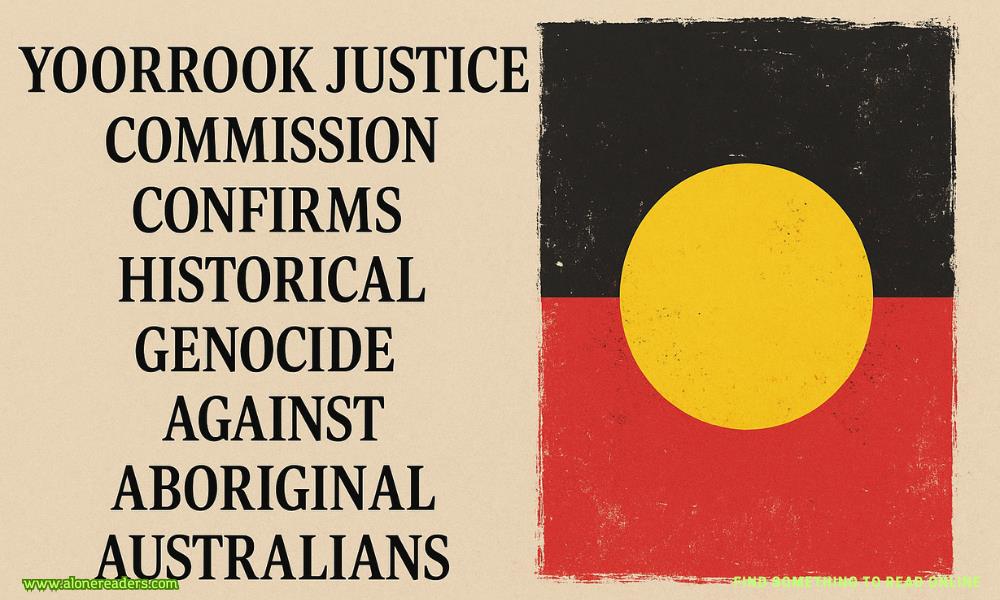Page 40 of The Orphan of Cemetery Hill
Why did it matter so much anyway? It was probably a coincidence, and nothing more. But as he stared into the face that was so like Tabby’s, he knew he had to find her.
Outside, he looked about him in a daze. Without his watch fob, he had nothing left to pawn except the clothes on his back, and those were in a rather sorry state after the events of the previous night. He stopped in front of a cart where an old woman was selling wilted bunches of watercress, and took stock of what he had.
He had the clothes on his back, which he had already established were both undesirable to anyone else, and necessary to his (relative) decency. He had a quick wit and was clever at cards, but had no money for a buy-in. He had a gnawing hunger that had quickly returned after his breakfast. He had an overwhelming need to find the girl in the picture and find out who she was, but no resources to do it. All in all, he was in a rather hopeless situation.
So deep in his thoughts was he, he didn’t hear the old woman at the cart speaking to him. “I’m sorry?”
“I said, ye’re scaring away me costumers, standin’ there a-gawping and gaping.”
Caleb looked around but, aside from a few pigeons pecking about in the mud, didn’t see any of the supposed customers in question. “My deepest apologies, miss,” he said with a low bow. His flattering address did nothing to warm her, and her scowl only deepened. Then a thought struck him. “You must be quite familiar with this street and the goings-on here, I would imagine?”
She gave him a sidelong look from her rheumy eyes. “Ye might say that. They don’t call me Sharp-Eyed Maggie for nothin’.”
“Do you see that picture in the window over there?” He pointed to the shop, where the man had replaced the picture in its place of honor. “The one of the girl with the striking eyes and the flower brooch?” He doubted that “Sharp-Eyed” Maggie could see as far as her own nose, let alone across the street, but she surprised him by nodding vigorously.
“Oh, aye, I know that picture well. Knew the girl in it just as well, too.”
Caleb’s heart stopped in his chest. “You knew her? Who is she? Is she still living?”
“That’s Miss Alice,” the woman said, her expression growing soft and nostalgic. “I couldn’t say if she’s alive yet or no, as she moved away some years ago. She was a dear thing, though, always brought me sweets, she did.”
“Where did she move?” Caleb couldn’t believe it. He had thought that he would have to scour the city for information, and here this old lady was practically dropping the answers to his questions into his lap.
Maggie scratched at her matted hair. “Edinburgh,” she said proudly. “I remember because I grew up there, an’ I told her as much. Told her where she might get a strong whiskey should she be the imbibing type, and a warm-cooked meal. She thanked me right prettily, she did. Even gave me a token of her appreciation.” Here she paused and fingered the very brooch that was in the picture. “Took herself off and I haven’t seen her again.”
Caleb didn’t need to hear any more; he was already turning, the next steps of his plan falling into place. “You’ve been most helpful,” he called over his shoulder.
He didn’t know how he would do it, but he was going to Edinburgh.
Alice gasped and sat up in bed. Kicking off the tangled quilt, she shivered as the early-morning air hit her perspiring skin. She’d had that dream again, the one where she was wandering a vast, empty nothingness. No sound, no movement, no anything. Just a suffocating darkness pressing in around her from every direction. Then, just when she was certain that she was dead and would never awaken again, her name would ring out in the void. Each time she woke up sweating and heart pounding, an aching emptiness in her chest.
Glancing at the sleeping figure bathed in moonlight beside her, Alice quietly swung her legs out of bed and tiptoed to the window casement that overlooked the little square. Edinburgh glowed in the predawn light. It was beautiful, but no matter how long she had been here, it never felt like home. Perhaps it was because she’d seen a glimpse of her future life, and the little house she shared with a dark-haired woman had been in an unfamiliar city.
The flashes that she saw came unpredictably and without warning, sometimes entire scenes laid out like staged vignettes, and other times nothing more than a fleeting image, a buried memory that hadn’t happened yet. But the image of the house and the woman had been as clear as a daguerreotype.
A rustle of blankets and then a groggy feminine voice. “Come back to bed, Allie. I’m cold.”
“One moment,” she said absently. Soon the sun would be rising and it would be time to go out with her tray of licorice and sweetmeats and hawk her wares. Another day just like all the others, a simple, happy-enough existence, but with something, someone, conspicuously absent. She wondered if her sister felt the same way, or if she hated Alice for what she had done.
She tried not think of Tabby too often, nor speculate on what might have become of her. It was better to look forward and not backward. Perhaps if Alice had tried harder, tried at all to use her gift, she would see her sister in her future. But she was afraid of what she might find, and so she did not attempt to open the door in her mind and see what lay behind it. Besides, like in her present life, any flashes of her future had been bereft of Tabby.
Climbing back into bed, she closed her eyes, hoping for a few more minutes of sleep. Her bedmate curled up against her, murmuring something drowsy and indistinct. Alice let herself drift in the place between wakefulness and sleep. She both looked forward to and dreaded the dream, on one hand hoping to hear the voice again, but also terrified of the endless darkness.
But one thing was certain: she knew the voice from her dream. And the day that she would hear that voice in person was coming.
22
IN WHICH A LONG OVERDUE INVESTIGATION IS PURSUED.
THE HARVARD MEDICALSchool sat perilously close to the Charles River and was prone to flooding in the spring. But now the narrow strip of lawn that spanned between the building and the river sparkled with frost in the late-afternoon sun, and aside from a few students and a groundskeeper raking up leaves, it was quiet.
Tabby studied the unassuming brick building with its three-storied facade. It looked remarkably benign. Slipping into Mr. Whitby’s house had been one thing, but here at the medical school, a young, unescorted woman would be incredibly conspicuous.
She fretted at the edge of her cloak. What was she even looking for? The rest of Harvard’s campus lay across the river in Cambridge, but she had figured that the medical school would be more likely to yield answers. That was what the man at the Granary had said—The Spunkers Club, doctors and surgeons from Harvard who still practiced dissection. But surely such illicit activities would be hidden far from the public eye, wouldn’t they? She could hardly expect to walk in and find a stolen corpse on a slab.
Well, if she wanted answers she would have to start somewhere. She was just about to gather her courage and head up the main steps when she recognized the groundskeeper as his raking brought him closer. She’d seen him before at Miss Suze’s, a cousin or nephew of hers, perhaps, and though Tabby didn’t know him well, she was grateful to see a familiar face.
“Mr. Dwight, is that you?”















